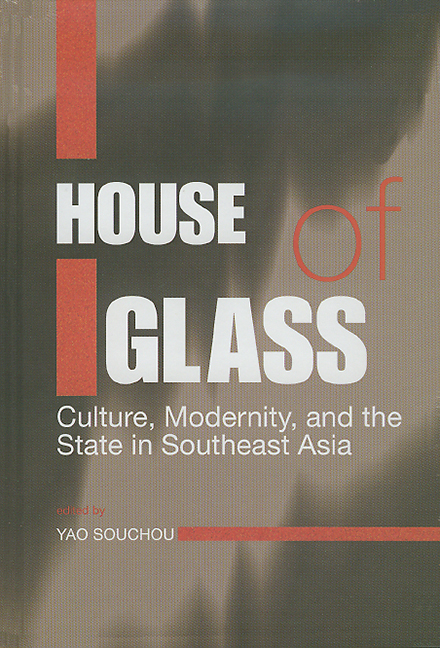Book contents
- Frontmatter
- Contents
- Preface
- Contributors
- Introduction
- Part One Local desire and global anxieties
- 1 Desperately guarding borders: media globalization, “cultural imperialism” and the rise of “Asia”
- 2 Modernity and Mahathir's rage: theorizing state discourse of mass media in Southeast Asia
- 3 Representing state desire and the sins of transgression
- 4 McNationalism in Singapore
- Part Two Identity, the state, and post-modernity
- Part Three State power, development, and the spectre of nation-building
- Part Four
- Index
1 - Desperately guarding borders: media globalization, “cultural imperialism” and the rise of “Asia”
from Part One - Local desire and global anxieties
Published online by Cambridge University Press: 21 October 2015
- Frontmatter
- Contents
- Preface
- Contributors
- Introduction
- Part One Local desire and global anxieties
- 1 Desperately guarding borders: media globalization, “cultural imperialism” and the rise of “Asia”
- 2 Modernity and Mahathir's rage: theorizing state discourse of mass media in Southeast Asia
- 3 Representing state desire and the sins of transgression
- 4 McNationalism in Singapore
- Part Two Identity, the state, and post-modernity
- Part Three State power, development, and the spectre of nation-building
- Part Four
- Index
Summary
A few years ago, when the so-called East Asian economic miracle was at its height, former Malaysian Deputy Prime Minister Anwar Ibrahim delivered a speech in which he emphasized the challenges brought about by Asia's entry into the world of high modernity. Significantly, he saw the greatest challenges not at the level of economics, but at the level of culture and intellectual life. Not surprisingly, the role of media and technology, especially television, loomed large in Anwar's concerns:
In recent years there has been an overwhelming, almost imperialistic diffusion of Western or Western-influenced cultural products. This has been made possible, and will be further accelerated, by the opening of the skies to satellite television networks. (Straits Times, 1 February 1994)
What Anwar refers to here is not just a challenge faced in Asia. During the 1980s a similar worry about the proliferation of transnational satellite television channels raged across Europe. The image of the threat evoked was also similar: that of the integrity of a cultural and geographical space — “our” space — being eroded by the opening up of the frontierlands of the sky to wayward global explorers such as Ted Turner (owner of CNN) and Rupert Murdoch (owner of Sky Channel and, in Asia, Star TV). The resulting electronic invasion from the sky has exposed the vulnerability of national borders (which conventionally provide the enclosure of “our” space): with satellite technology, given geographical boundaries are superceded by the vectors of transmission, which generally transcend the bounded territorial space of the, any, nationstate. The idea of a “Television without Frontiers” — the title of a 1984 European Community policy document (Commission of the European Communities 1984) — was informed precisely by the perceived necessity of reimagining a new, pan-European electronic image space beyond national borders, induced by border-eroding new communication technologies such as satellite television (Robins 1989).
- Type
- Chapter
- Information
- House of GlassCulture, Modernity, and the State in Southeast Asia, pp. 27 - 45Publisher: ISEAS–Yusof Ishak InstitutePrint publication year: 2001



